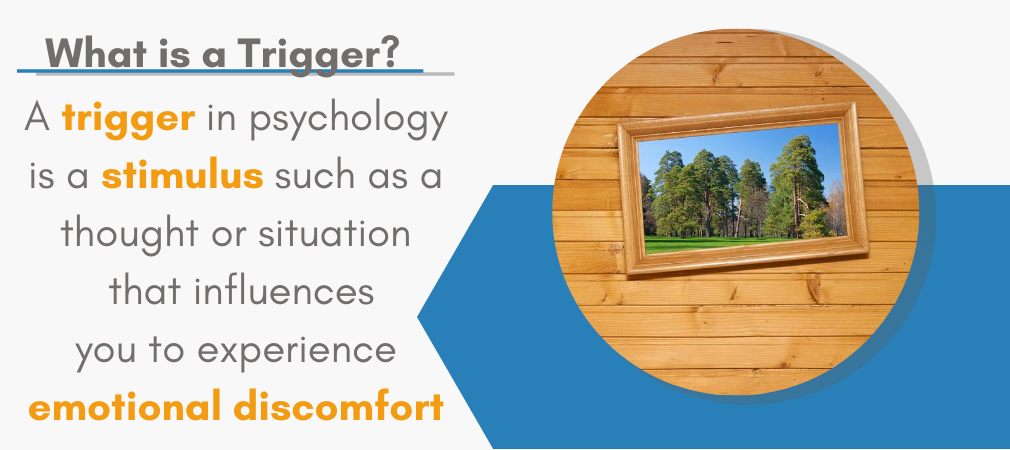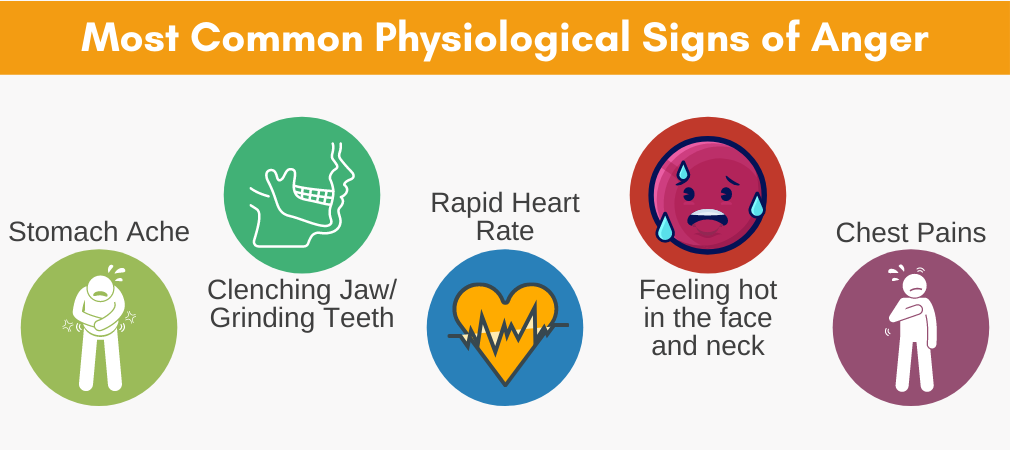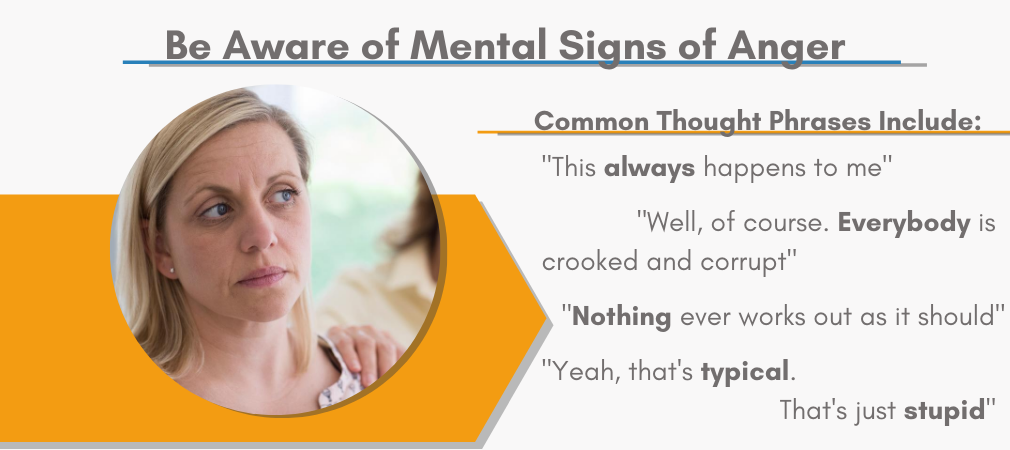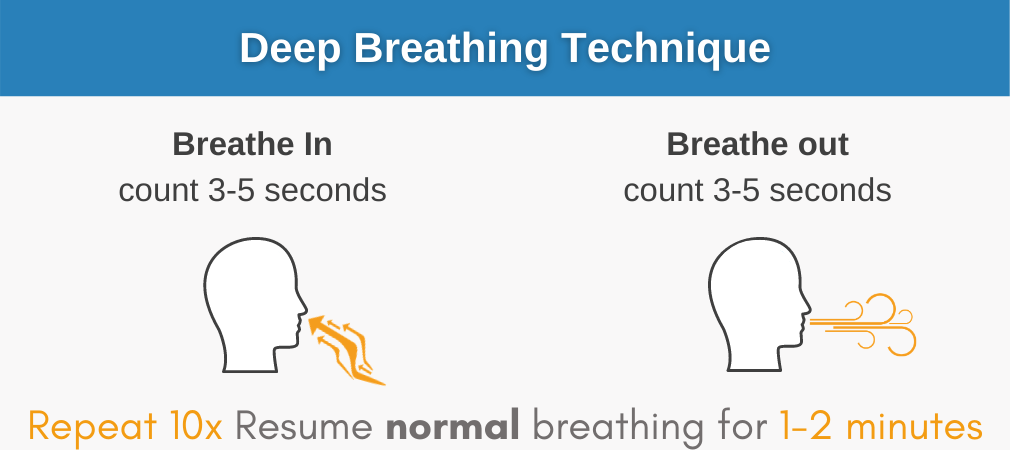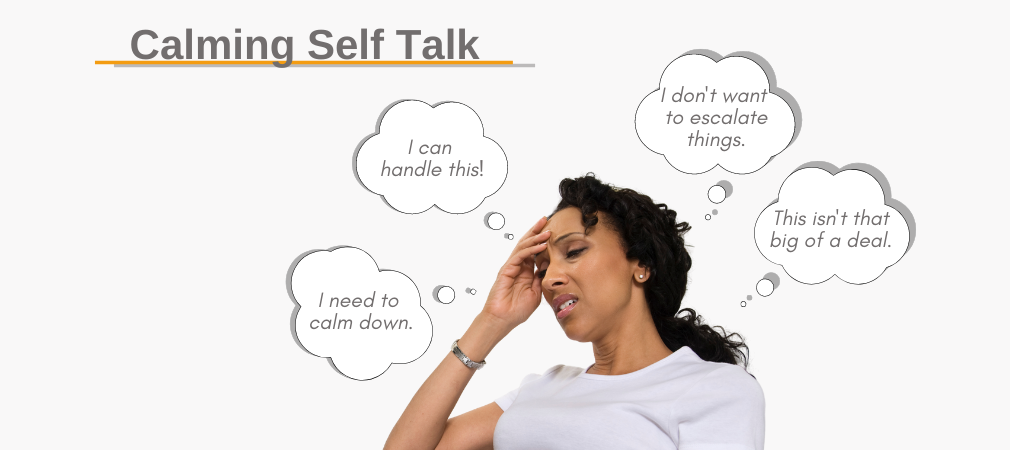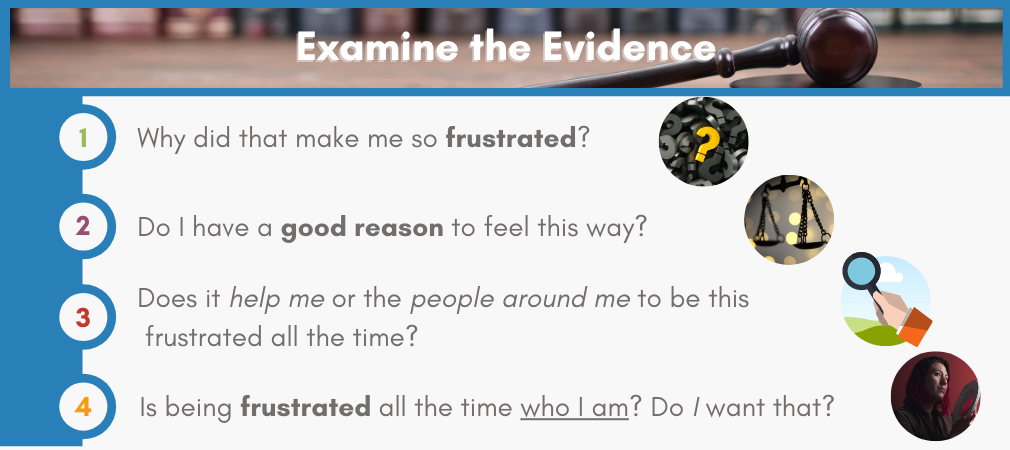Is It Possible to Instinctively Be a "Hater"?
Over the past few years, the word ‘hater’ has entered the mainstream vocabulary. For anyone unfamiliar with the term, it simply means to dislike a specific person or thing.
And I suspect you also happen to know a person or two that often seems a bit irritable and difficult to get along with.
Have you ever wondered, “Maybe, that’s just how they are?”
Well, there could be something to that theory.
Helper & Albarracin (2013), in the Journal of Personality and Social Psychology, hypothesized that people might be wired to inherently like or dislike things, even if they know nothing about them.
The researchers asked study participants questions on several different topics to further explore this theory. Despite a high variation in answers, they found the group could primarily be split into ‘likers’ or ‘haters.’
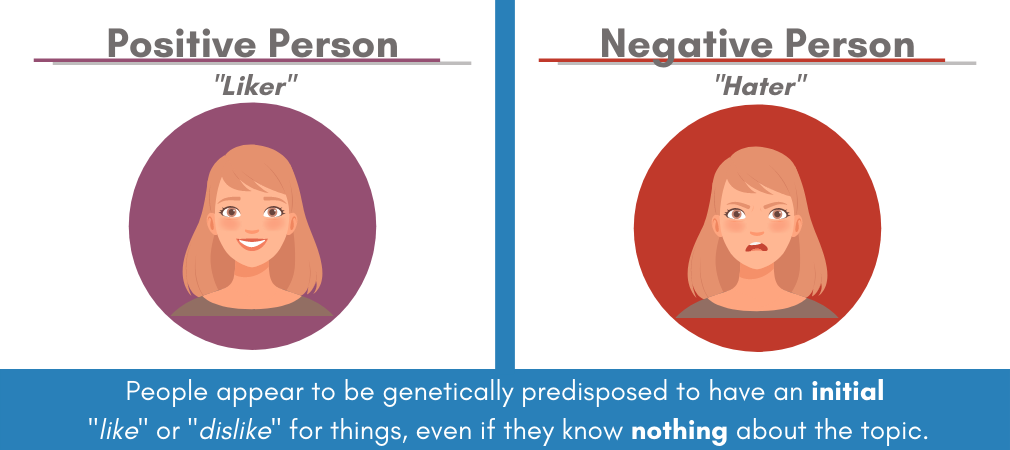
Said another way, people generally have an initial stance towards things: to either “like” or “dislike” them, even if they know little about them.
This is thought to be a component of personality.
Take-Home Message
So, what can you do with this little tidbit of information?
If you suspect you’re a ‘liker,’ feel free to thank one or both of your parents for this desirable personality trait! It should be a little easier to be positive in your daily life.
And hopefully, there’s a bit of empathy for those who tend to be naturally more cynical.
If you suspect you’re wired to instinctively dislike things, having that insight is an excellent place to start. But hopefully, this realization can be seen as an opportunity to massage your natural reaction to something.
8-Step Plan To Manage Irritability
Fortunately, we are more than just our genetics; we can change.
And suppose someone is truly hard-wired to dislike things initially. In that case, it doesn’t mean you can’t develop the capacity to catch these thoughts and feelings quickly and manage feelings of frustration and irritability effectively.
Not to mention, even ‘likers’ are bound to occasionally have challenges with disliking things.
So, let’s look at an 8-step plan that anyone can use to help manage irritability.
Motivation
The single most significant factor determining whether you’ll make a change is your motivation to change.
And until you reach the “Action” stage of change, very little will likely change.
But how do you get into the “Action” stage of change?
You’re going to need leverage. Most human behaviour can be distilled down to two basic themes – the desire to avoid pain and seek pleasure.
And in many cases, the desire to avoid pain will be a stronger motivator.
If your natural inclination is to be angry or dislike things, figuring out how this approach costs you will be essential.
Is it hurting your romantic relationship?
Is it costing you at work?
Is it creating distance from your children?
Is it causing you to feel unhappy?
Once you find a strong enough motivator (or motivators) to enter into an “Action” stage of change, you’ve entered the proper zone for making change.
Identify Your Triggers
Is your initial reaction to dislike things, or are there just certain areas where it is particularly challenging to manage frustration?
Chances are good that not all topics will be challenging to manage.
It will be essential to figure out the triggering thoughts or situations and be ready to take action when they arise.
The one advantage of having a challenge with being irritable is that you likely have a good sense of what makes you frustrated beforehand.
You must be prepared for this and commit to acting quickly to manage the negative feelings that will inevitably appear.
Be Aware of Physiological Signs
Feelings of anger and irritability come with physical clues as your body prepares you to fight.
Most people will notice two or three tell-tale physiological signs they routinely see when they become frustrated.
The most common ones are:
- Increased heart rate
- Tightness in chest
- Feel flush
- Tightness in stomach
- Clenching your jaw
These symptoms are clues that you are becoming agitated, so picking up on these signs A.S.A.P is essential.
Be Aware Of Mental Signs
Just like there are physical signs of anger, there are also mental signs.
And given that we are all creatures of habit, it’s common to have specific thoughts or phrases that pop into your mind when you’re frustrated.
Be aware of these common phrases. You’ll want to catch these mental signs quickly as well.
Change How You Breathe
Once you’ve picked up on the physiological and mental signs of frustration and irritability, it’s crucial to reverse the trend and head towards calm quickly.
One of the best ways to do that is to change your breathing.
We tend to take short, choppy breaths from high in the chest when we are agitated.
To help create a greater sense of calm, it’s important to take slow, deep breaths from your stomach.
If you are alone, I’d suggest using the following breathing pattern:
- Breathe in (3 – 5 count)
- Breathe out (3 – 5 count)
Repeat this breathing pattern ten times, followed by 1 – 2 minutes of breathing, as you would normally.
If you find deep breathing calming, repeat it as often as you like.
Breathing this way should help create a greater sense of calm by lowering your heart rate and blood pressure.
If you are in public when you are frustrated and don’t want to draw too much attention to yourself, I’d suggest merely breathing in and out slowly and deeply while focusing on drawing air from your stomach.
Relaxing Self-Talk
What you say to yourself in your head matters… a lot.
If you feel frustrated or irritable and you say things in your mind that promote those feelings, it’s a lot like pouring gasoline on a fire.
In this case, feelings of frustration can turn into full-on anger.
On the other hand, if you focus on calming statements to help keep frustration in check, it’s like putting baking soda on a fire.
Ideally, I’d suggest coming up with a few key phrases before you ever get frustrated that you can use to create a sense of calm when you need them. Here are a few quick examples:
“I need to calm down.”
“I can handle this.”
“I don’t want to make things worse.”
“This isn’t that big of a deal.”
“This feeling will go away shortly.”
Once again, you must develop your self-talk phrases but you need them in advance. Otherwise, it will be much more difficult to catch your anger early, which is far and away the best time to catch it!
Examine Evidence
Once you have that initial wave of anger under control, it’s crucial to figure out how you got there.
Or said another way, it’s time to start asking questions such as, “Why did that make me so frustrated?”
A big part of examining evidence is asking yourself questions and providing the most factual answers you can come up with.
Here are a few examples:
“Do I have a good reason to feel this way?”
“Does it help me or the people around me to be this frustrated all the time?”
“Is being frustrated all the time who I am? And do I want that?”
Once again, the questions you ask yourself will vary based on your thoughts, the situation or how frequently (or infrequently) you experience anger or frustration.
If All Else Fails, Leave the Situation
If you have encountered a situation where you feel highly irritable and have reached a point of no return (i.e., you didn’t catch the physiological or mental signs of irritability quickly enough), the best thing you can do is leave the situation.
But how you leave is critical.
If you make a grand exit and let everyone know why you are leaving, it doesn’t help the situation and will likely leave anyone within your vicinity feeling bad.
Instead, it’s best to call a timeout and excuse yourself for 10-15 minutes.
But before leaving the situation, let the other person know where you are going and reassure them you intend to return to the situation and finish the conversation if it’s incomplete.
Leaving the situation will allow your body and mind to relax gradually (provided you don’t leave the situation and continue to contemplate what you found frustrating).
Once you are in a calmer state of mind, it’s far easier to return to the situation and communicate in a friendly, or at least more neutral manner.
Not to mention, it can help prevent you from saying hurtful things, which can only worsen the situation.
Do you encounter people in your daily life who seem to naturally dislike most things?
How do you manage feelings of frustration and irritability?
Article by
Trevor Sullivan, MA, RP
Registered Psychotherapist
August 17, 2020
